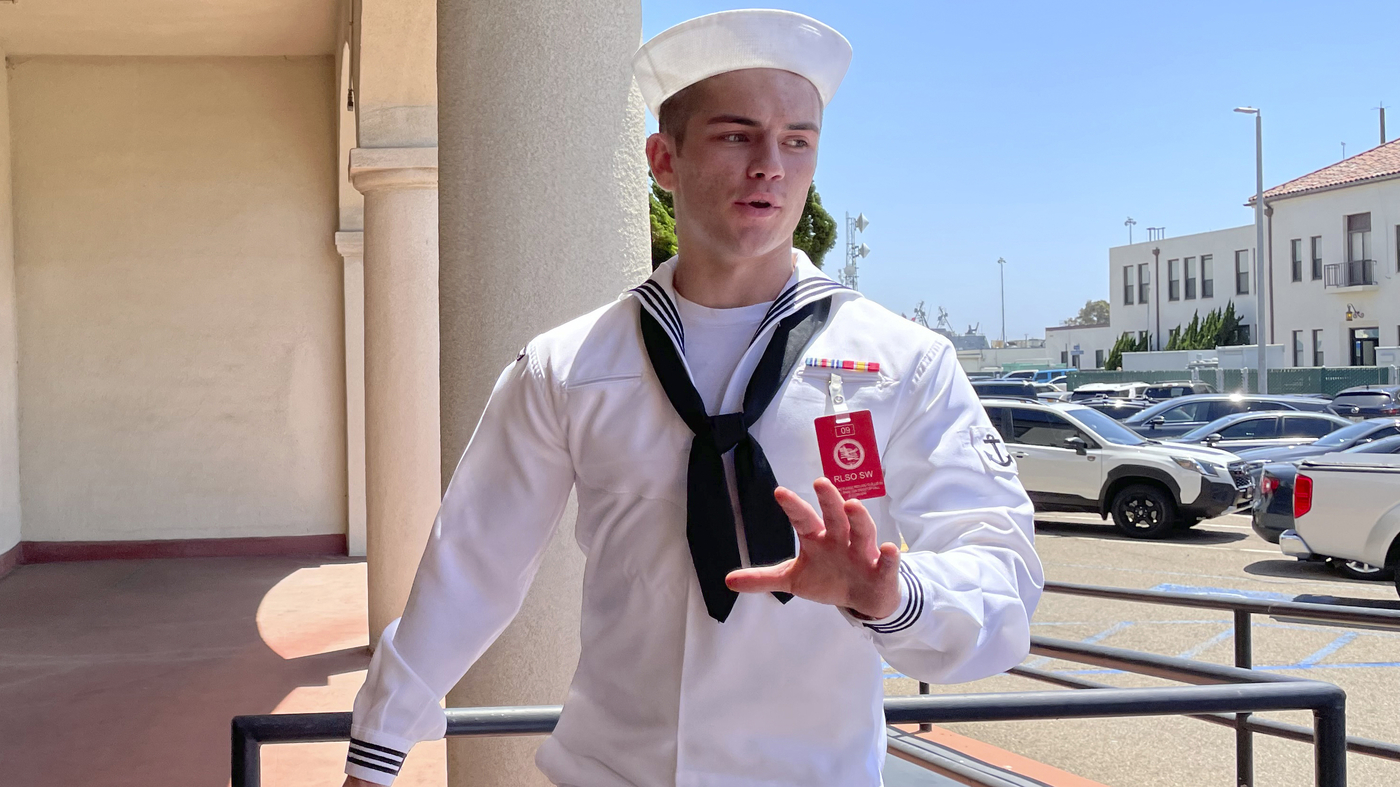I don't have a dog in the fight, but I thought it was a well-researched and thought-provoking article.Throughout the article it makes a fatal flaw by implying that two investigations are at odds with each other when they aren't.
The command investigation didn't comment on the source of the blaze, and it blatantly says so in the report. It comments on a slew of factors that increased the severity of a fire after it started to burn.
The criminal investigation is an investigation into the actual cause of the fire.
Two things can simultaneously be true: it's possible that the initial cause of the BHR fire was arson, and that the total loss of the ship was due to poor damage control equipment maintenance and training.
I'll re-read it and report back with respect to your comments.

